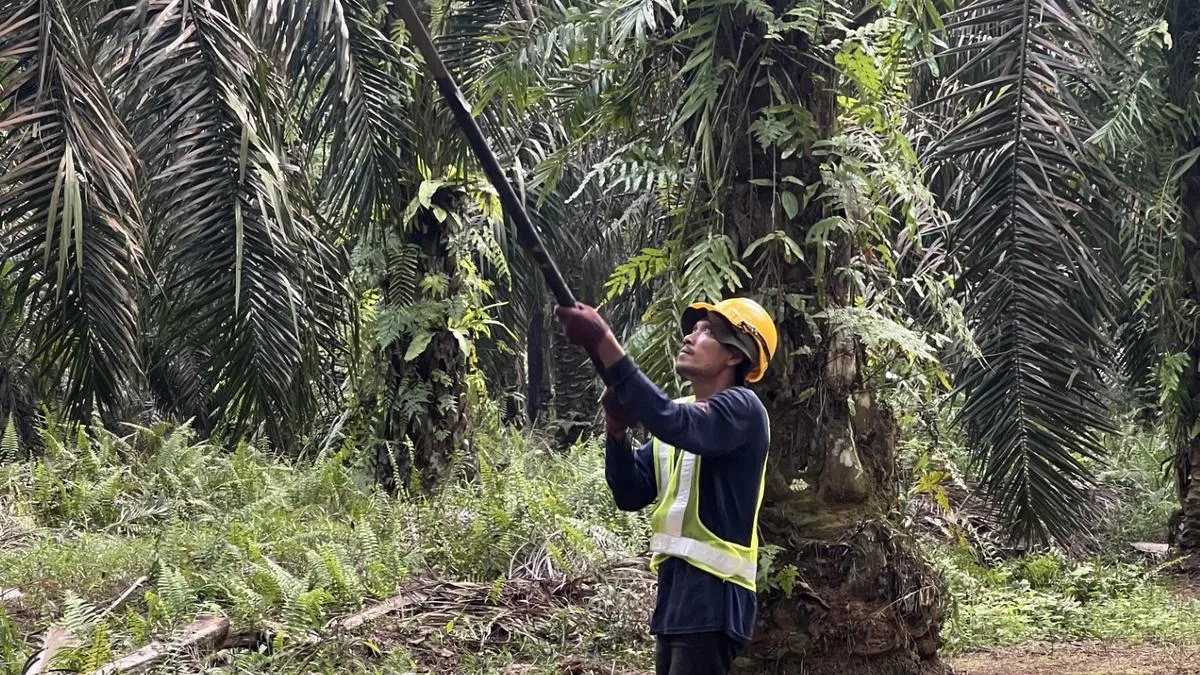Malaysia Pursues New Markets for Palm Oil in Response to EU Ecological Regulations

Malaysia's Challenge with EU Regulations
As environmental concerns escalate, Malaysia is under increasing pressure from Western markets, particularly the EU. With scrutiny on its palm oil production affecting its reputation, the nation is now compelled to explore alternative markets. A potential strategy includes fostering trade relationships with countries like India and other Asian nations.
The Impact of Criticism on Palm Oil Trade
Facing allegations regarding the depletion of orangutan, Malayan tiger, and elephant populations, Malaysia's palm oil sector is at a crossroads. The EU's stricter regulations might jeopardize established trade routes, pushing Malaysia to develop new partnerships.
Strategies for Expansion
- Exploring demand in Asian markets
- Investing in sustainable practices to meet regulations
- Diversifying palm oil products
Conclusion: A Shift in Trade Dynamics
Ultimately, Malaysia's pivot towards India and similar regional players signifies a proactive approach to mitigate the impact of external pressures. By adapting strategies to meet both ecological standards and market demand, the nation aims to secure its palm oil industry's future.
This article was prepared using information from open sources in accordance with the principles of Ethical Policy. The editorial team is not responsible for absolute accuracy, as it relies on data from the sources referenced.